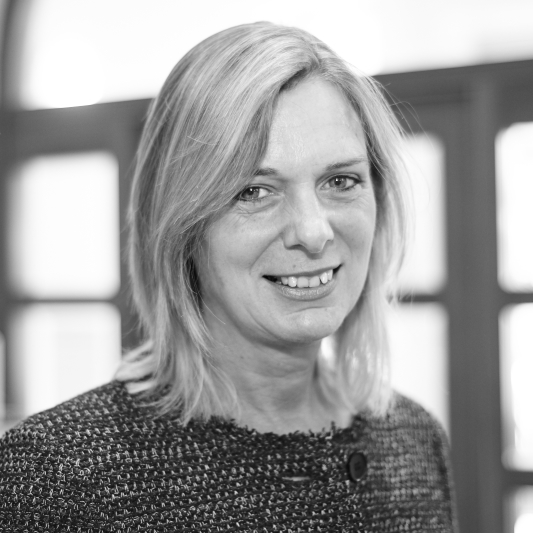The inside out approach – let’s stop looking around us for the answers but ask ourselves questions that will help us understand who we are and how we can find steadiness and courage in all that we do.
When I was growing up I always found this question daunting – I really didn’t have an answer to what I wanted to be, and the closer I got to leaving school the more panic struck I felt. Now I’m officially a “grown up” I try really hard not to ask this question of others.
It was adopting an inside out approach instead that really unblocked me.”
What I found myself doing back then was looking outside of myself when thinking about future choices in my life and work – looking at others – researching facts and often comparing myself negatively when assessing my chances compared with them. But it was adopting an inside out approach instead that really unblocked me. Enabled simply by an insightful colleague taking the time to ask me who I was in terms of what really mattered to me and what brought me alive, and then listening non-judgementally to my forming (and somewhat incoherent) thoughts.
And of course what I’ve realised now is that “growing up” is on-going! So why not keep asking ourselves simple yet powerful questions to unlock answers that enable us to chart a fulfilled life and career?
Questions like:
What energises me? What comes easily to me? What do people come to me for? How am I when I’m at my best and what really matters to me about this situation and why?
Even when all around feels like sinking sand, people who trust their own judgement will be the ones who can lead themselves and others through challenging times.”
David Clutterbuck captures this in his book, The Talent Wave, where he talks about the value of career considerations at whatever stage of career you’re at. It starts with the conversation an individual has in their head, adopting a personal self-awareness lens: “an inner conversation which includes reflection on identity and values, self-belief and self-motivation”. And what I love about Clutterbuck’s take on this is that he is really clear that the inner conversation is just the start and not an end in itself. He goes on to urge leaders to develop “courageous habits” including self-honesty and the ability to reflect on and learn from mistakes as they develop their leadership in action.
You see, because they know themselves really well in an inside out kind of way, they have an ability – even when under immense stress – to establish firm ground on which to stand and operate from. Even when all around feels like sinking sand, people who trust their own judgement will be the ones who can lead themselves and others through challenging times.
Who we choose to be
Margaret Wheatley in her book “Who do we choose to be“ writes “Several years ago, in the face of irreversible global problems and the devolution of leadership, I began to challenge every leader I met with these questions:
Who do you choose to be for this time?
Are you willing to use whatever power and influence you have to create islands of sanity that evoke and rely on our best human qualities to create, produce, and persevere?
I like the emphasis in this question – about coming back to who we are, not what we are or what our job title is in the situation we are dealing with. This lends itself to an inside out approach to tuned-in self-leadership.
Beneath all my doing who am I being?”
Henri Nouwen
Perhaps that’s why I felt challenged recently by these words of Henri Nouwen a professor, writer and theologian “Beneath all my doing who am I being?” So I’m pondering that question at the moment in case I’ve lost myself a bit in amidst the busy demands of life and work.
How about you? Have you had a chance recently to check in on where you are at and who you are choosing to be?

